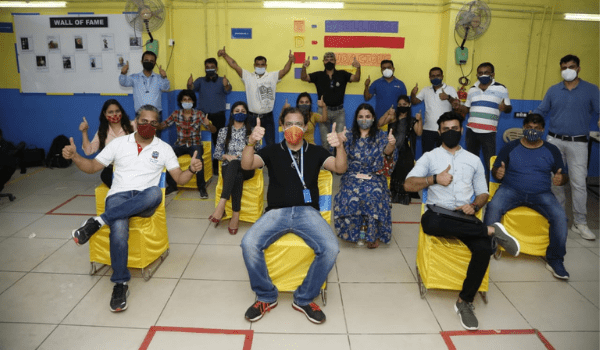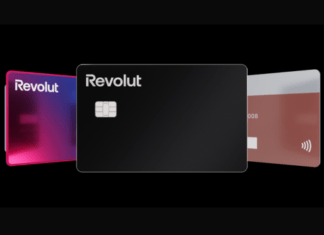As part of the diversity and inclusion initiative, Flipkart has added 50 people with disabilities to its team. The e-commerce company has recently opened a new delivery hub in New Delhi as part of its supply chain network, which will be managed, end to end, by 50 employees with disabilities. These employees will work across roles, such as sorters, pickers, packers and delivery executives. The initiative is part of Flipkart’s ‘Ekartians with disability’ (eDAB) programme, which was started by the Company in its supply chain operations in 2017. The programme aims to provide employment to people with disabilities (PWD) and encourage diversity and inclusion at the Company.
Flipkart is breaking the stereotype by giving employment to the PWD community and is spreading the message that these people also come with great capabilities. It is trying to make people aware of the fact that delivery hubs managed by PWD make almost 1100 deliveries every day!
The Company realises that simply hiring such people will not suffice, and that it needs to create a conducive environment so that PWD can be included at the workplace. A sensitisation process is undertaken before the hiring, and classroom sessions are arranged for these PWD, with special interpreters who can communicate using sign language. Also, special badges are made for the delivery boys (Wishmasters) so that customers are aware of their disability. In case there is an emergency, these employees also have a special SOS feature on their smartphones, with an emergency number behind the flashcard.
Hemant Badri, senior vice-president and head of supply chain, Flipkart, shares “Flipkart is committed to creating a diverse and inclusive workforce and is at the forefront of leading the initiatives around D&I in the e-commerce supply chain. As part of our continued efforts towards creating an inclusive workplace and assimilating people with disabilities into business operations, we are introducing our first delivery hub run end to end by people with disabilities, in the capital of the country.” He hopes that the industry will follow suit and continue to take measures to build a more inclusive future.
“We work with organisations across the country to hire people with disabilities and train them for various job roles within our supply chain. For this, we hire sign language interpreters and trainers to help them understand the various nuances of supply chain and customer management. Employees in consumer-facing roles such as wishmasters (delivery executives), are provided with customer interaction cards to help any hearing impaired employees communicate with ease,” adds another company spokesperson.
Presently, Flipkart employs 1,019 differently-abled people across its supply-chain operations. The Company clearly understands that to create an inclusive culture for PWD, it important to have assimilation and empathy training for all Flipkart employees. This will require appropriate infrastructure and designing of supply chain to make facilities accessible to PWD. Interpreters and communicators will also need to be made available to them at all times.
Value our content... contribute towards our growth. Even a small contribution a month would be of great help for us.
Since eight years, we have been serving the industry through daily news and stories. Our content is free for all and we plan to keep it that way.
Support HRKatha. Pay Here (All it takes is a minute)




































